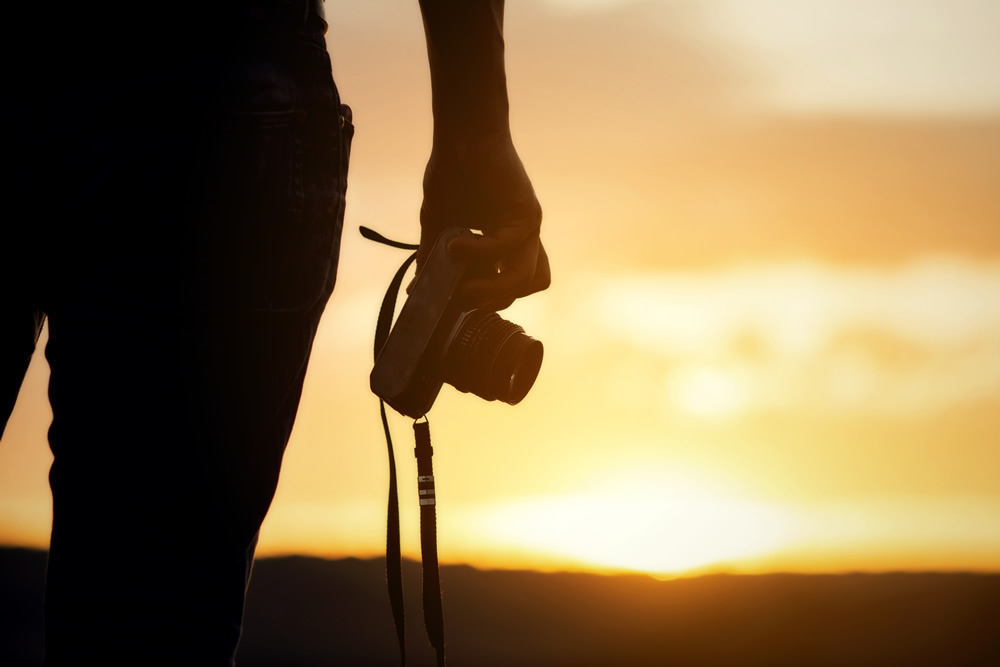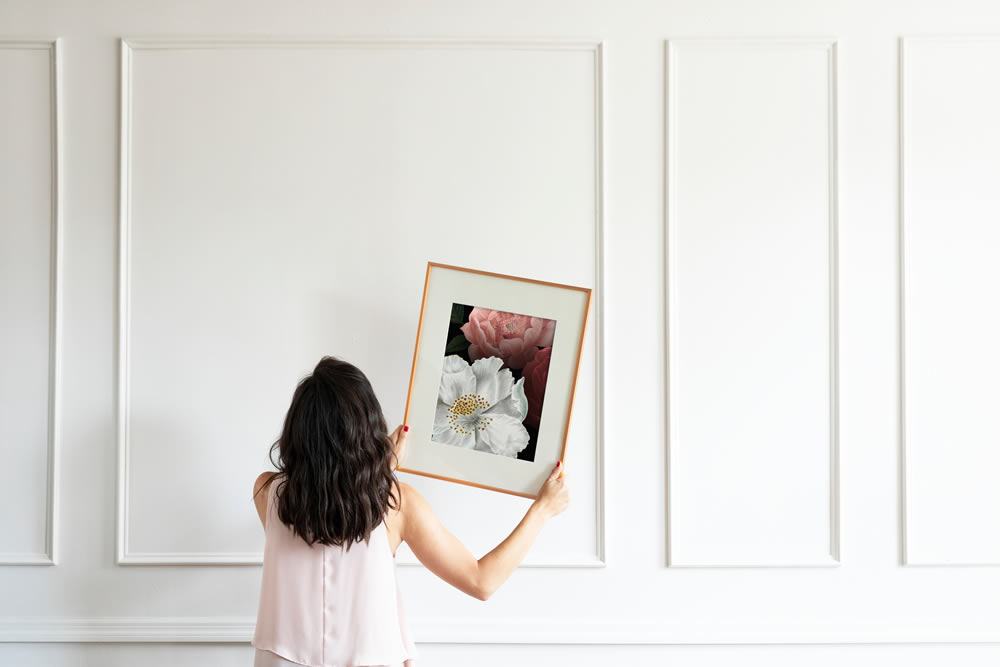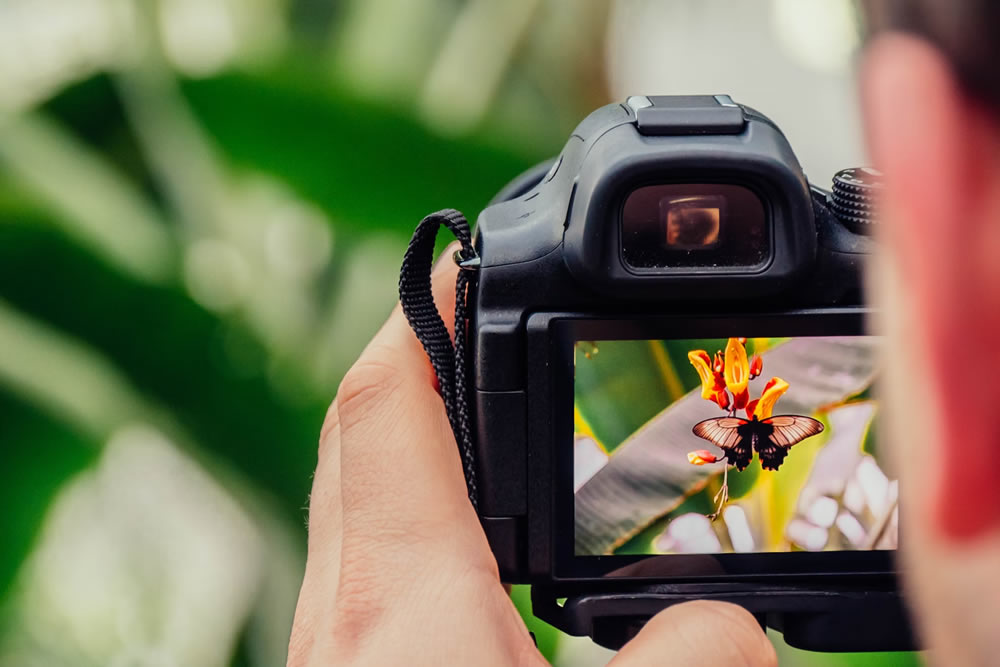Do those on social media often remark on how good your photos are? Do you find yourself paying attention to the composition of your shots, choosing what you think is the optimal framing or angle? Are you drawn to gallery shows of photography or books about your favorite photographers? If any or all of these things are true, you might want to think about moving beyond the camera on your phone and getting into photography more seriously.

1) Get the Cash You Need
You don’t have to be rich to be a photographer, but it’s not exactly a budget hobby either. You shouldn’t go all out buying expensive equipment to start, but you will need to shell out some money for a decent camera as well as lens, filters and tripods. You may want to consider taking out a personal loan to cover some of these costs as an alternative to racking up credit card bills. It can be frustrating to have to wait to get what you need before you can even get started, and a personal loan can help you finance the funds you need now so there’s less of a financial burden.
2) Seek Out the Knowledge
Enrolling in a photography class may be the right approach for you, but there are plenty of other ways to learn about the topic. Online videos, articles, books and magazines are all excellent resources. When you do learn about a particular technique or approach, try to get information from several different places. Different tutorials will emphasize different things. You should plan ahead as well. For example, if you are taking a trip to the mountains, do some research about landscape photography ahead of time so you are prepared.

3) Find the Experience
Photography is a hands-on pursuit, and the best way to learn is by doing, backed by the resources that you find. Be sure that you try many different things as well. You may have fallen in love with taking photos of the beach while on vacation, but if you give portraits a try, you may find that you love that even more. Try photographing wildlife or macro photography. You won’t really know what appeals to you until you experiment.
4) Learn About Post-Processing
You may be surprised to learn that this is a controversial topic. When you read up on it, you’ll find that some people insist it is necessary while others eschew it. If photojournalism is your aim, post-processing is a no-no. Here are a few things to keep in mind.
First, post-processing isn’t some dishonest process any more than manipulating photos in the darkroom decades earlier was. Second, post-processing is not a crutch and cannot fix a bad photograph. It also arguably offers you the opportunity to preserve more data. Finally, the main reason to learn about post-processing is to be able to make an educated decision about whether or not to use it. The tools can be intimidating, but you should at least learn the basics before you reject them. You may decide you’d rather spend the majority of your time behind your camera instead of at your computer, but you want to make that decision from a position of knowledge.




